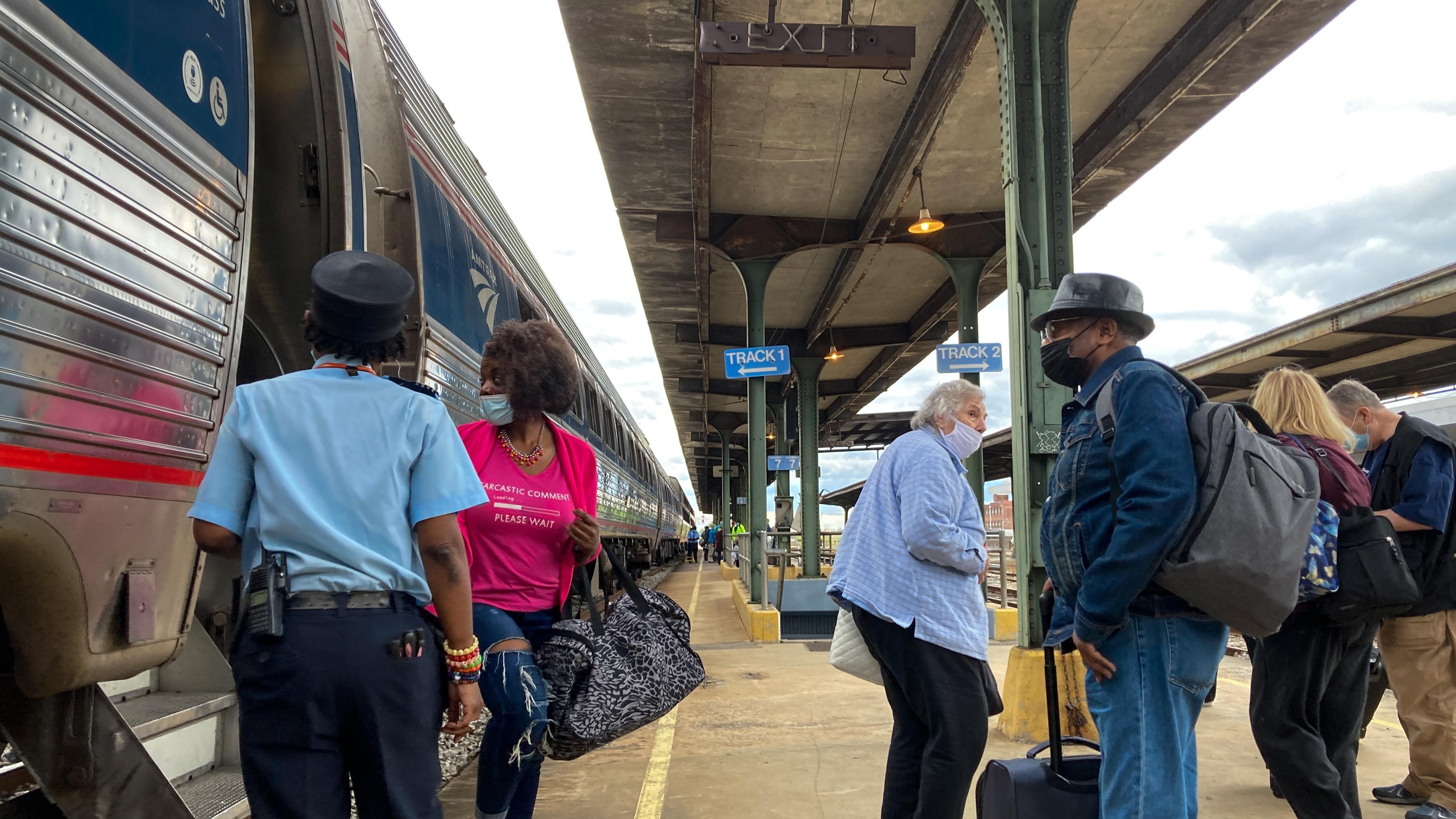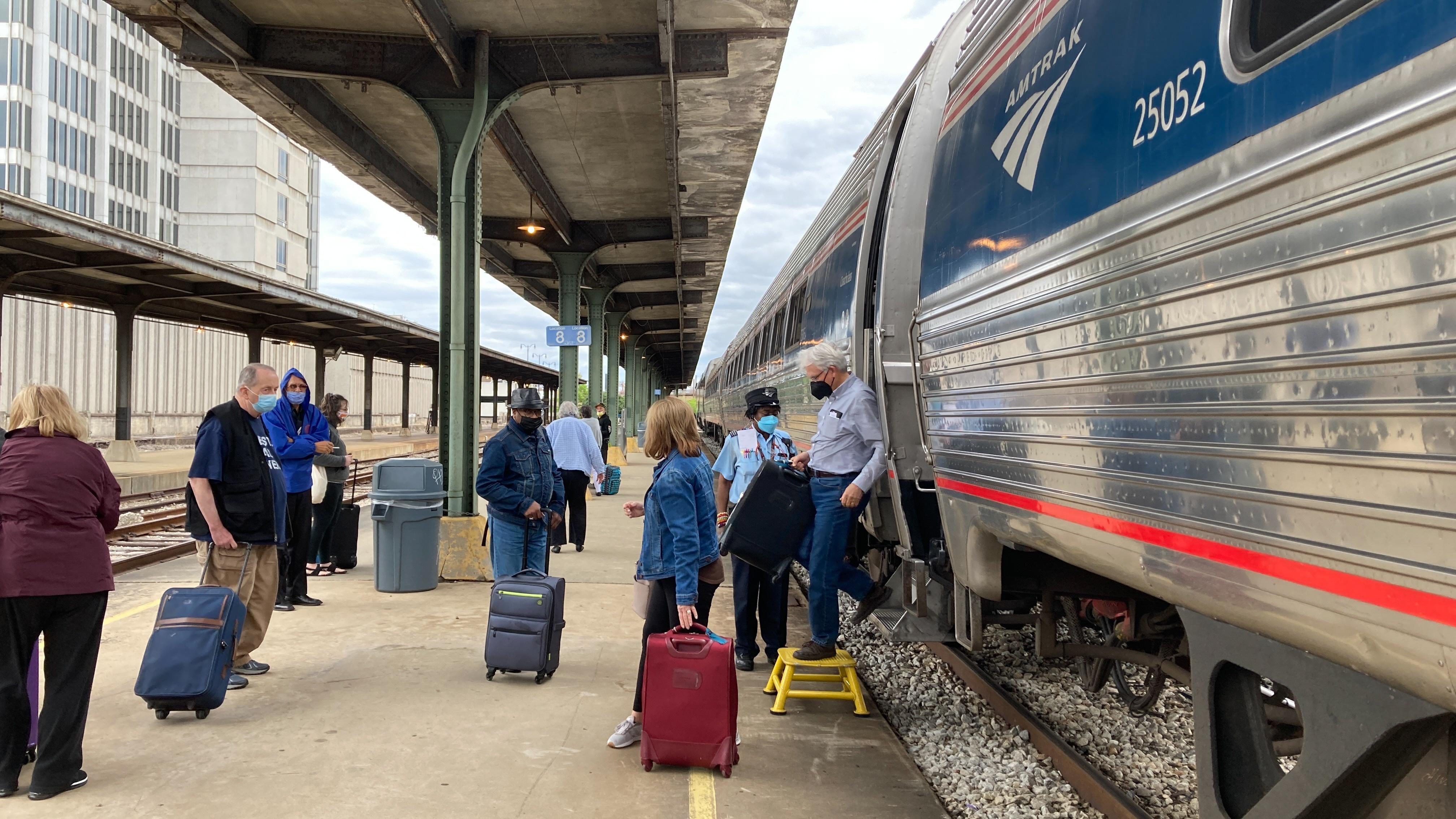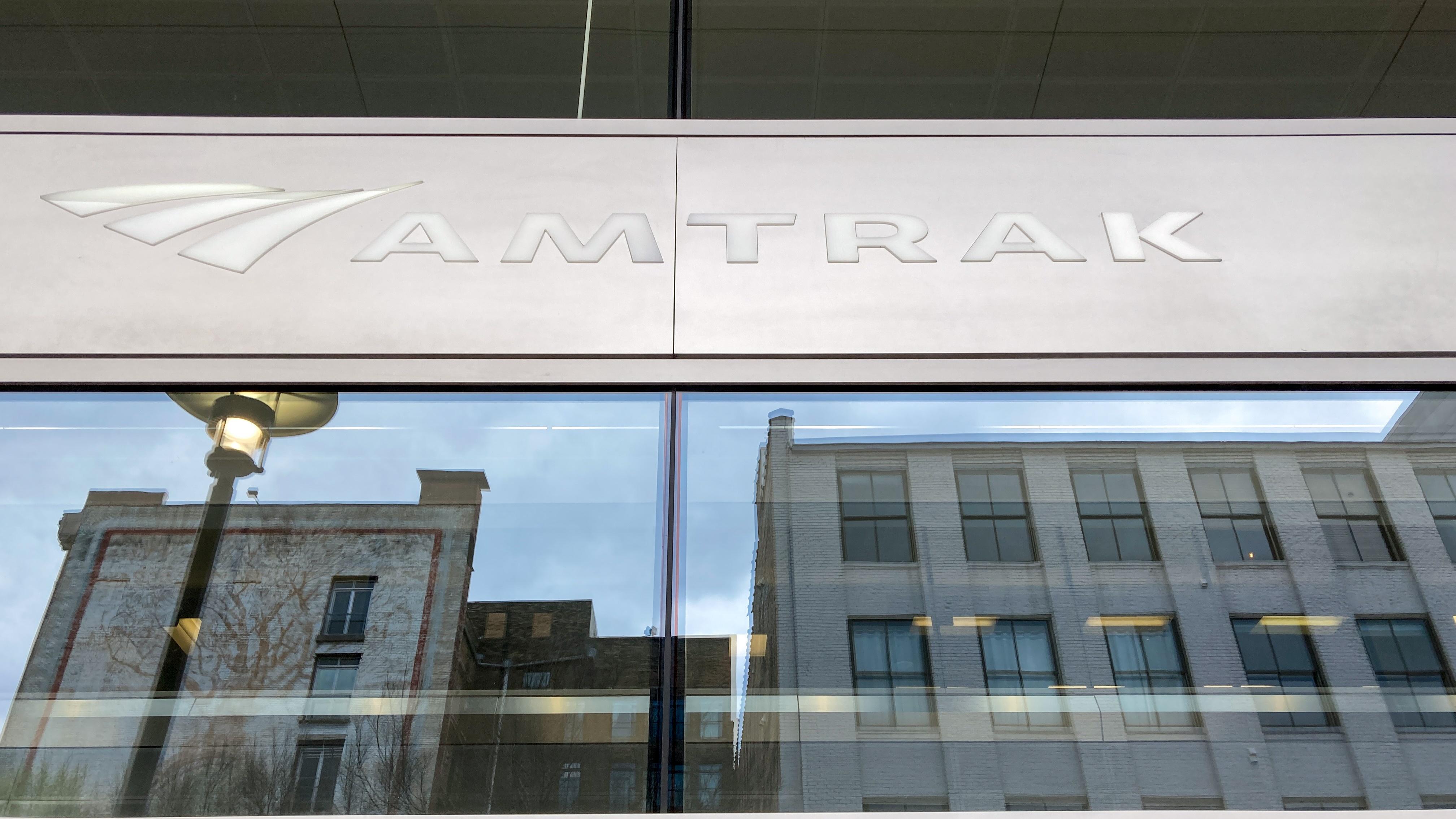Hurricane Katrina’s destruction on the Gulf Coast in 2005 marked the end of passenger rail service on the line at the center of the hearings, and Amtrak believes it is overdue for a comeback.
But over the past decade-plus, Amtrak and the railroads have gone back-and-forth on how to share the tracks — often running into roadblocks with accusations of Amtrak being too aggressive and the railroads purposely stalling negotiations.
The two were working together on a Rail Traffic Controller study, the industry standard used to understand the impact of other Amtrak lines. But according to CSX, Amtrak abandoned the study in Feb. 2021 a few months from completion. Instead, the agency went to the STB in hopes of getting an order forcing the railroads to let Amtrak start running its trains.
From the railroad’s perspective, Amtrak was less interested in cooperation than in creating a precedent to fast-track its countrywide expansion ambitions.
“Let there be no doubt — Amtrak’s demands are aggressive,” Atkins said. “Amtrak maintains it is entitled to immediate access to the Gulf Coast line without any study of the impact or a single penny of infrastructure.”
Amtrak disagrees, calling the study meaningless since the railroads refused to share operating information they claimed as confidential. Instead, the agency said the study was part of a long pattern of the railroad companies delaying Amtrak’s return to the Gulf Coast.
That claim showed up again when the companies asked the federal board to order mediation between all sides just a few weeks before this hearing, which itself took more than a year to begin after Amtrak’s initial request. Then, during the hearing, the railroads said the proceedings should take place under a different statute, which would have caused several more months of delays.
The hearings themselves have also been an example of how this process has dragged on. The board initially scheduled them to last only two days at the start of April. But, that quickly ballooned to eight days across three weeks. The arguments are paused, for now, set to resume again on May 9.
The railroads have hinted that the fight could continue well beyond this hearing as well. Atkins accused board members of advocating for Amtrak in their questioning of experts, which could be used as the basis to appeal the board’s final decision and bring the conflict to an appellate court.
“You are charged by Congress and stepping into the role of a judge and you can overstep those bounds if your questioning is too partisan or too extensive,” Atkins said.
Oberman, however, rejected Atkin’s point, saying it was the board’s duty to get to the truth and he would not prevent board members from asking questions.





